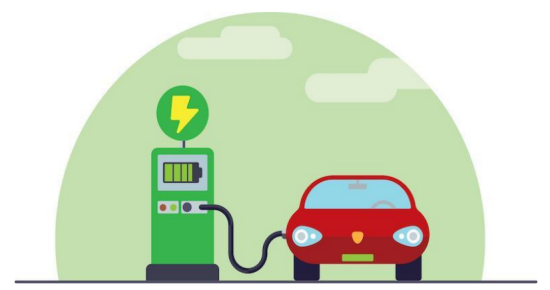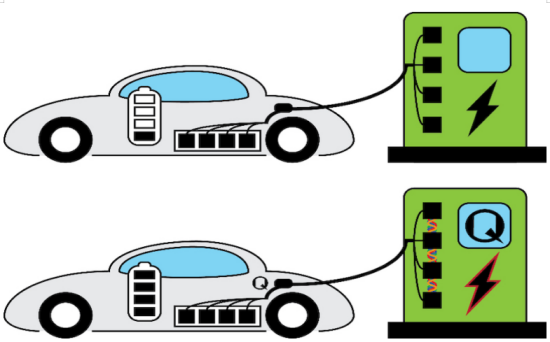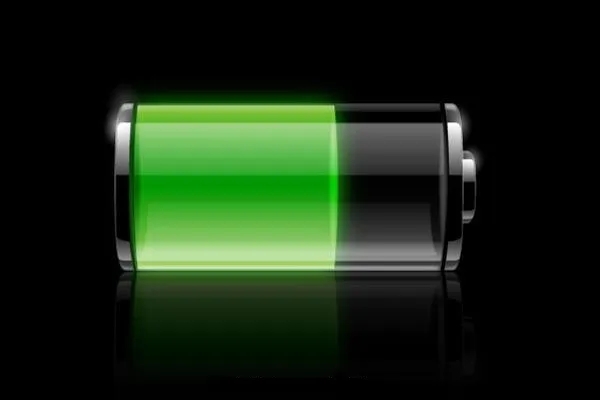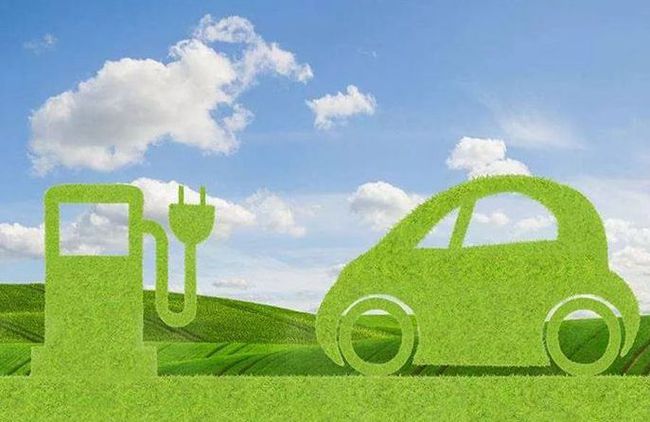addtime:2023-06-03 author:xinyuren hits:45

scientists claim that they can utilize quantum technology resources to shorten the charging time from 10 hours to 3 minutes.
researchers have turned to quantum physics to find clues on how to manufacture batteries for electric vehicles (evs), which can charge as fast or even faster than filling a box of gasoline.
a team of scientists from the complex systems theory physics center at the institute of basic sciences (ibs) in korea explored how to optimize quantum batteries for electric vehicles and determined what charging speeds this system can achieve.
currently, electric vehicles take about 10 hours to fully charge at home, while charging stations can be fully charged within 20 to 40 minutes through the fastest supercharger. in an ideal state, to make these cars more attractive, the time required to charge the battery should not exceed the time required to refuel the car.
to address this issue, ibs scientists have decided to turn to the field of quantum physics, which is often a mysterious field that studies matter and energy at the most basic level, aiming to reveal the properties and behaviors of building blocks in nature.
in their research, the team found that quantum technology may provide new mechanisms to charge batteries at a faster rate. researchers have stated that these so-called "quantum batteries" proposed by scientists in 2012 can theoretically utilize quantum resources, such as entanglement, to collectively charge all batteries within the battery simultaneously, significantly accelerating the battery charging process.
the advantages of quantum
researchers say that in fact, the large capacity batteries required for electric vehicles typically contain many batteries, and the advantages of collective charging outweigh the advantages of independent parallel charging, which can be measured by a ratio called the "quantum charging advantage".
researchers have learned that there are two possible sources behind quantum advantages. one is called 'global operation', which means that all batteries can be connected to all other batteries simultaneously, and the other is' all to all coupling ', where each battery can be connected to other batteries, but only one at a time.
however, so far, it is unclear whether these resources must occur simultaneously to gain charging advantages, and whether there are restrictions on the achievable charging speed.
researchers say that the ibs team has decided to explore these issues and have found some answers, laying the foundation for manufacturing electric vehicle batteries that charge faster.
in the report, one of the findings they found was that 'all to all coupling' in quantum batteries is irrelevant; the emergence of "global operations" is the only component of quantum advantage.
the researchers stated that the research team also clearly identified the precise source of this advantage, while excluding any other design possibilities, providing a blueprint for how to develop quantum batteries with optimized charging.

the above figure shows a comparison between current electric vehicles (evs) and future quantum battery based electric vehicles. researchers have found that using quantum charging will increase the charging speed of ordinary electric vehicles by 200 times, which means that the charging time at home can be reduced from 10 hours to 3 minutes, and the charging time at the charging station can be shortened from the original 30 minutes to 9 seconds.
from a few hours to a few minutes
in the future, the team will quantify how much charging speed can be achieved in quantum design. in classical batteries, the maximum charging speed increases linearly with the number of batteries. ibs researchers have found that quantum batteries can achieve quadratic scaling of charging speed through "global operation".
for example, if an ordinary electric vehicle contains 200 batteries, the speed of quantum charging can be increased by 200 times compared to ordinary batteries. researchers suggest that this may reduce home charging from 10 hours to 3 minutes. the charging time of the battery at the charging station takes 30 minutes, and in the future, quantum batteries can theoretically be charged within a few seconds.
the researchers published their paper in physical review letters.
researchers say that although research on quantum batteries is still in its early stages, the impact on the design of future electric vehicle batteries is still significant.
in addition, electric vehicle batteries are not the only area they work in. for example, this study can be applied to fusion power plants, which require charging and discharging a large amount of energy in an instant.
1、 solving the problem of peak shaving and valley …

electric vehicles have become an irreversible development trend in the automotive industry. this trend was fully exposed during the shanghai auto show, the world's first a-level auto show in 2023, which was recently held. nearly half of the 27 models exhibited by mercedes benz are new energy vehicles; audi did not bring a gasoline powered car; honda has not exhibited pure fuel vehicles either; the toyota showroom only showcases one pure fuel vehicle

at the beginning of 2023, a multi-dimensional signal of "new development trends in the energy storage industry chain" has been released.

> company:0755-84611586
> fax:0755-84611589
> special line:4008855199
> email:xyr@xinyuren.com
> add.:shenzhen longgang district liuzhou street back to hon long bu community peak (longgang) industrial plant no. 2 workshop
